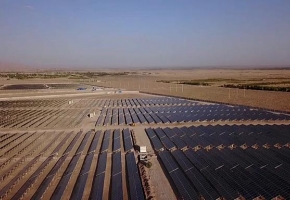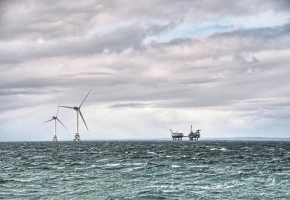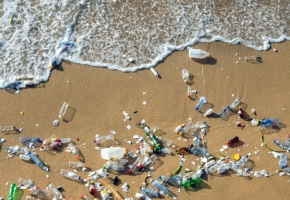Ocean heat waves are killing underwater life, threatening biodiversity

Intense heat waves are bad for human health. They can lead to sometimes deadly conditions like dehydration and stroke. And just like extreme temperatures on land, marine heat waves can drastically alter life under the sea.
A new study found that the occurrences of marine heat waves have substantially grown in the past three decades, and it’s becoming clearer how deadly warmer temperatures are for biodiversity.
To get a global snapshot of how marine heat waves are changing life in the world's oceans, the research team looked at 116 previously published papers. It gave them data from over 1,000 different ecological records. Heat waves were quantified as any period longer than five days when the ocean warmed to abnormally high temperatures.
“Coral reefs that evolved with just a few weeks of above-average temperatures every decade or so are now suffering up to three months of extreme temperature every few years,” says ecologist Enric Sala, a National Geographic explorer who was not involved with the study.
The scientists predict that warming events will continue to threaten the balance of ocean life in the coming decades. They add that climate-conscious fishery management and monitoring ocean warming in real time are tools that can help minimize impacts from warming events in the meantime.
Source: National Geographic







